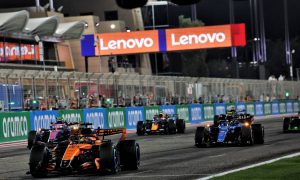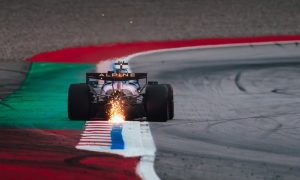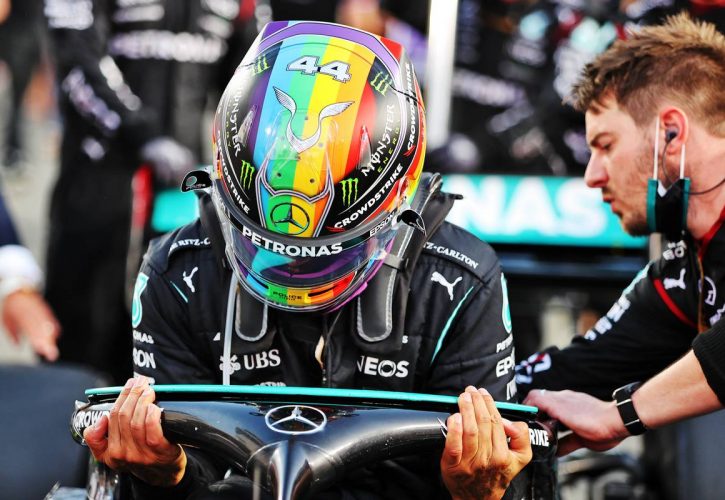
Two weeks ahead of the start of the 2023 F1 season, the FIA has clarified several aspects of its controversial ban on free speech and political statements by F1 drivers on race weekends, including the penalties a driver's misconduct could theoretically warrant.
At the end of last year, the sport's governing body amended its International Sporting code, adding a provision that bans drivers from expressing or displaying "political, religious and personal statements", unless previously approved by the governing body.
The clampdown was not well received by drivers, several of whom - including seven-time world champion Lewis Hamilton - expressed their opposition to the new rule, and indeed Formula 1 itself sought clarification from the FIA on the ban.
That clarification has now been issued by the institution in a document sent to all F1 teams on Friday, titled 'Guidance on the Principle of Neutrality (Article 12.2.1.n of the ISC)'.
In the document, the FIA states: "The focus at any international competition must remain on motorsport and on the performances of teams and drivers.
"It should not be used as a platform for individual advocacy.
"This principle also aims to prevent participants from being placed in a position where they may be forced to take a public position on a particular domestic or international issue when they would prefer not to do so."
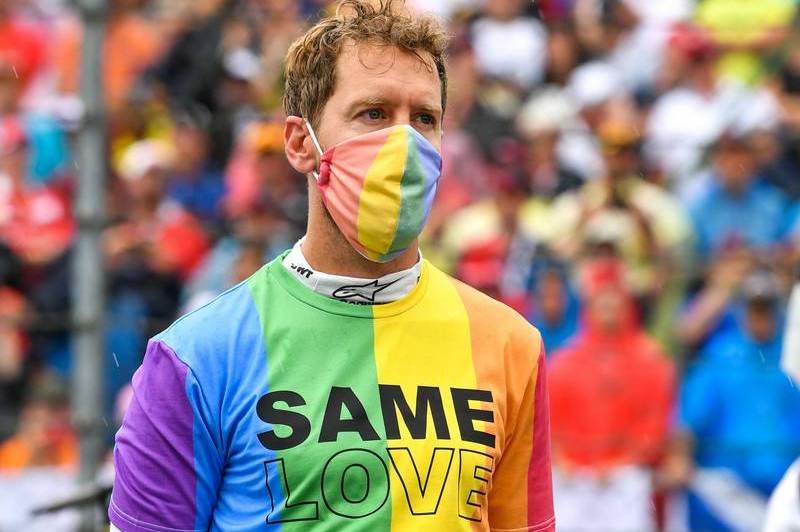
The guidance says drivers "can express their views on any political, religious or personal matter before, during or after" an event and they can do so in "their own space".
- Drivers may therefore "express their own views" on social media, during interviews with media, and during a press conference in response to a direct question.
- Conversely, drivers may not "express their own views" in an FIA press conference – except in response to a direct question, during activities on the track such as the drivers parade, or during pre or post-race procedures such as on the podium, in the cooldown room, or during official photo sessions.
Such restrictions apply unless the FIA grants the drivers an exemption "on an exceptional and case-by-case basis", noting also that applications must be made "at least four weeks in advance unless under exceptional circumstances".
Read also:
It's unclear whether driver helmet design or the display of symbols on helmets or bodywork – like for instance a rainbow Pride flag on a helmet or a car – fall under the FIA's ruling. Bit it's likely that such graphic displays will require the permission of the governing body.
The FIA says that the Stewards at each event will decide, on a case-by-case basis, if a view or statement is deemed to be “political”, “religious” or “personal”.
The governing body has offered a "non-exhaustive list of potential scenarios that could be prohibited" by the new rules.
Examples of banned political statements include references to “any politically-associated or politically-sensitive person(s) living or dead” as well as political parties, national governments, separatist movements, political or military conflicts or “any specific political acts or events”.
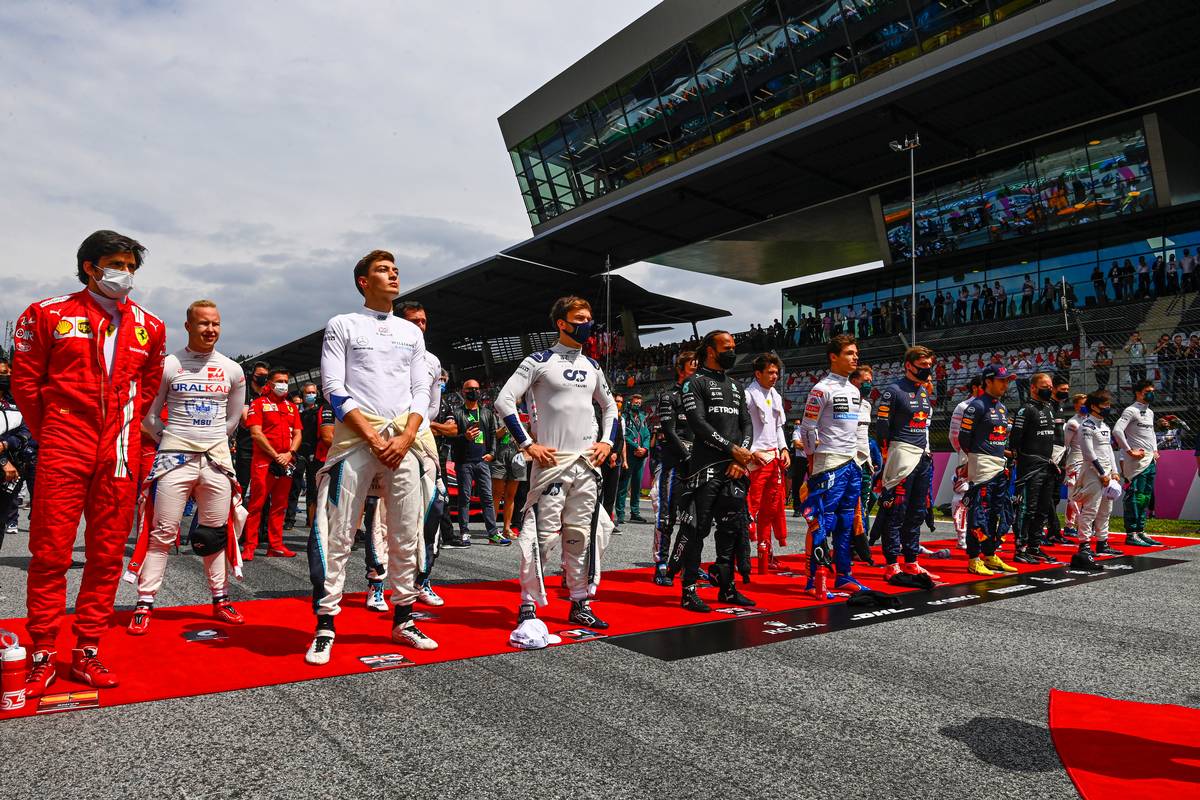
Regarding religious statements, the FIA will forbid references to “a religion, spiritual practice or related significant figure” or “anything critical of or hostile to others’ religious or spiritual beliefs”.
However, it has made clear that “non-proselytising religious gestures, such as pointing to the sky or crossing oneself, shall not be considered prohibited religious statements”.
The guidelines state any potential breach should be reported to the race director who will in turn inform the stewards.
The stewards can impose any of the penalties listed under Article 12.4.1 of the ISC.
Sanctions include a reprimand or a fine, but also more severe penalties such as a grid drop or a time penalty.
Keep up to date with all the F1 news via Facebook and Twitter




